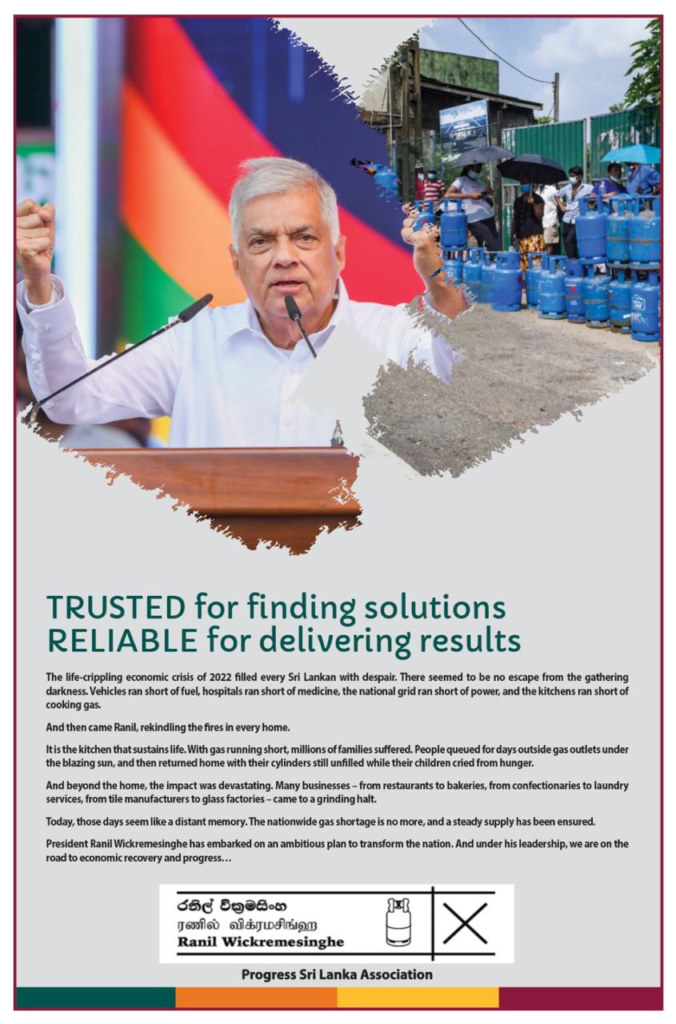Strict legal measures for employers denying voting leave in upcoming Presidential Polls
September 16, Colombo (LNW): The Election Commission of Sri Lanka has issued a stern warning to both public and private employers who fail to grant their employees sufficient leave to vote in the forthcoming Presidential election.
Commissioner General of the Election Commission, Saman Sri Ratnayake, revealed that legal action could be pursued against institutions that exhibit negligence over this obligation, highlighting the act as a potential violation of fundamental rights.
Ratnayake emphasised that voting is a basic democratic right that must be upheld. He urged employers across all sectors to facilitate their employees’ right to participate in the electoral process, stressing that denying this right could lead to legal repercussions.
“Voting is a fundamental right,” he stated, “and all institutions must ensure that employees are given adequate leave to exercise their franchise.”
He also appealed to officials in both public and private sectors to actively support this initiative. Furthermore, Ratnayake called on trade unions to broaden their advocacy beyond just wage increases.
He urged them to champion the cause of workers’ voting rights, ensuring that every individual has the opportunity to cast their vote without hindrance.
In line with these directives, the Election Commission has laid out specific guidelines regarding the amount of leave employees are entitled to, depending on the distance between their workplace and the designated polling station.
These measures aim to accommodate the varying distances that voters may need to travel, ensuring fair access for all citizens.
The guidelines are as follows:
- Half a day’s leave for those whose polling station is within a 40-kilometre radius of their workplace.
- One day’s leave for distances ranging between 40 to 100 kilometres.
- One and a half days’ leave for distances between 100 to 150 kilometres.
- Two days’ leave for distances exceeding 150 kilometres.
These provisions are designed to address the varying geographical challenges faced by voters, particularly in more remote or less accessible areas.
The Election Commission guarantees that all eligible voters have a fair chance to participate in the democratic process, regardless of their location.




